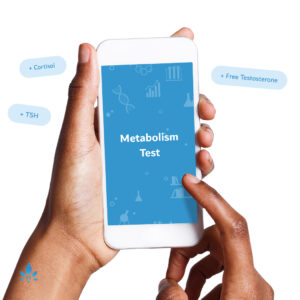Hepatitis A in Infants and Children


Hepatitis is an inflammation of the liver that can be caused by a variety of factors, including infections, medications, and autoimmune diseases. One of the most common infections causing liver inflammation is Hepatitis A. Hepatitis A is a virus found in the stool of an infected person that can cause serious liver disease.
The Centers for Disease Control and Prevention (CDC) estimates that at least 17,000 cases of Hepatitis A are reported each year, with more than 100 of these people dying of the disease. If your child has not been vaccinated against this disease and he or she is exposed to someone who is infected, he or she is potentially at risk.
Signs your child is infected
Children can be exposed to Hepatitis A if they eat or drink food or water that has been contaminated with the virus, or if they are in close contact with someone who has the disease. This infection can spread in childcare settings if the workers do not properly wash their hands after changing an infected child’s diaper. Also, infants and young children can spread the disease to others if their own hands are contaminated.
Many children infected with Hepatitis A show no symptoms, so a parent may not even know their child is sick. Other children may have mild symptoms. These may include:
- Fever
- Vomiting
- Decreased appetite
- Jaundice, or yellowing of the skin and eyes
- Pain in the right upper part of the abdomen
- Dark urine
- Light colored stools
The younger the child, the more likely he or she is to show no symptoms of the virus. However, even if your child shows no symptoms, they are contagious and can pass the infection to older children and adults, who are more likely to become sick from the disease.
Treatment
If you are concerned your child has Hepatitis A, it is important to be evaluated by a pediatrician right away. Your child’s doctor will likely order blood tests to verify the presence of the virus and to determine if the liver is severely damaged. There is no medicine to treat the disease, and in most cases, the doctor will recommend supportive care only, including plenty of rest and fluids. Most children recover after several weeks with no lasting damage to the liver.
Prevention
Hepatitis A, like hepatitis B, can be prevented in most cases with a vaccine. The vaccine is delivered in two doses, beginning at age 12 months. The doses are given at least 6 months apart and are part of a toddler\’s routine immunization schedule. It is recommended for all children in the United States. The vaccine is an inactivated vaccine; and tenderness, mild redness at the injection site, and headache are the most common side effects.
Sources:
- Centers for Disease Control and Prevention
- Hepatitis A Fact Sheet.
American Academy of Pediatrics - Hepatitis A.
Powered by Bundoo®












































